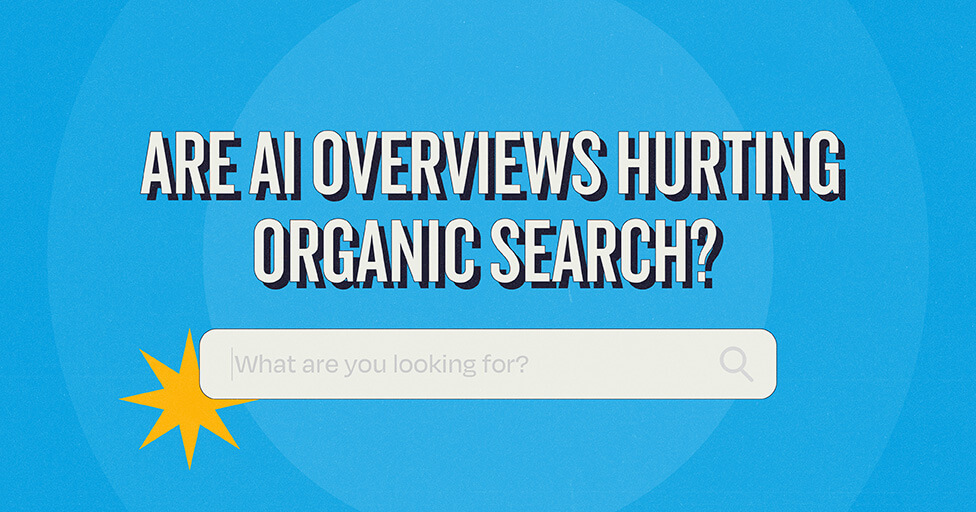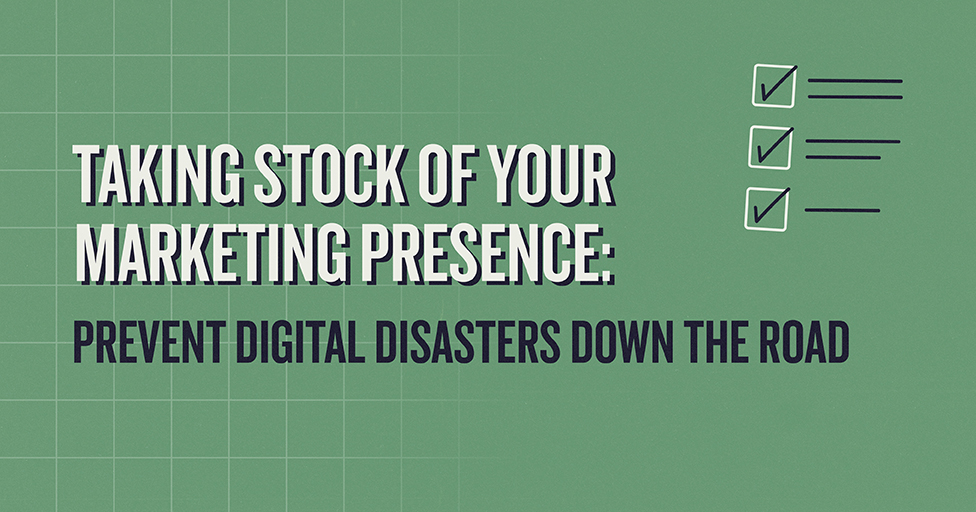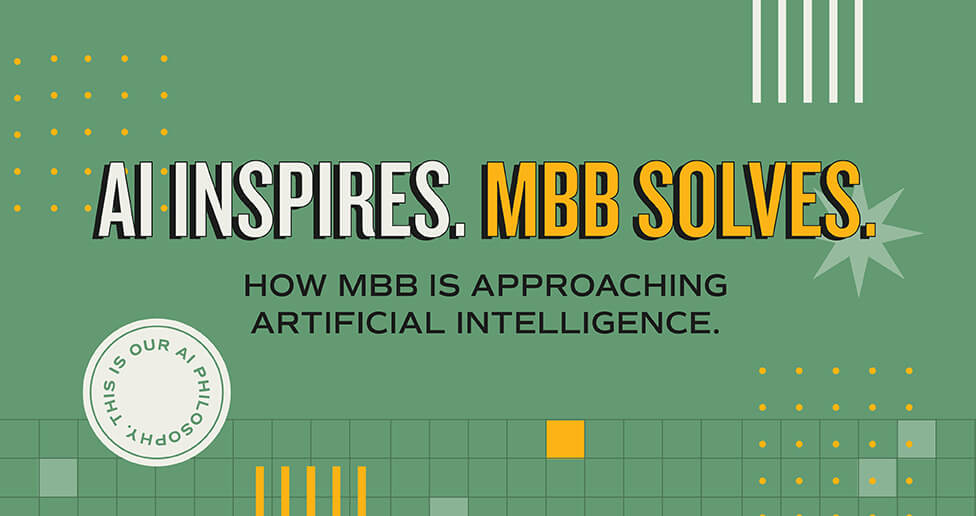
MBB Agency had the opportunity to host a Google Partners Connect Event at our office in October. The webinar is exclusively available for Google Partners and their clients. The event focused on healthcare and how health consumers interact with brands in search. The speakers brought valuable takeaways for our clients, so I thought I’d share some of my favorite insights with ideas for applying them to your business.
Brendan Jacobson, the Senior Strategist Partnerships Manager at Google, opened the presentation with some pretty alarming statistics. Health is one of the top five concerns among Americans, so it makes sense that 1 in every 20 Google searches is health related. Of these health-related searches, consumers consult on average 12.4 sources of information online before visiting a hospital. This includes content like hospital reviews, operation videos, and patient testimonials. How can you make sure your website is one of those 12.4 sources? Creating great content that answers commonly asked questions is a good place to start. Talk with the doctors in each of your organization’s service lines to find frequently asked questions from patients. Develop a content strategy with those questions in mind to make sure the content you’re developing is both helpful and relevant.
It’s also critical to make sure the content you create is easily digestible. With the rise of mobile traffic, users want to access information quickly. If your site is difficult to navigate or takes too long to load, there are hundreds, if not thousands, of other web pages equipped to answer a user’s search query. What makes your content and experience better than theirs? Identifying areas of opportunity both within both your content and website experience will help users, which, in turn, will help search rankings.
Jacobson also shared that brand loyalty in healthcare (and all industries for that matter) is waning. Consumers want to satisfy needs immediately in real time, in intent-driven moments. Mobile phones are the cause of this need for instant gratification. We have a world of information in our pocket, easily accessible at any given moment. Not surprisingly, mobile phones are the main device used for health-related searches. Because of this, it’s essential for marketers to tailor web experience for mobile users.
It’s easy to pinpoint what a bad mobile experience looks like – from microscopic font meant for bigger screens to invasive banner ads – we’ve all had experiences like this. So, what exactly does a good mobile experience look like? Users engage well with mobile sites that are quick to load with content that is easy to find. A user searching for “symptoms of bronchitis” on their mobile phone wants precisely that, a list of symptoms of bronchitis. A user searching for “symptoms of bronchitis” on a desktop computer also wants a list of symptoms; however, they’re more likely to engage with content about causes, diagnosis, and prevention of bronchitis. Mobile users are focused on necessity, so leave the heavy reading for desktop users.
I recommend pulling up your site on a mobile device and taking an objective look with your patients in mind. What about the site is appealing? Are there any frustrations with the design? Is content easy to find? Is the navigation easy to use? How long does content take to load? Talk about your concerns with your web developer to find solutions to any issues you may find.
The biggest takeaway from the Google Connect event was simply making sure your brand is present in each moment that consumers are making decisions about their health. If you’re helpful and efficient at providing information, potential patients will trust their health in your brand. If you have questions about content creation or being found in search, feel free to drop us a line.
Subscribe to our newsletter
Get our insights and perspectives delivered to your inbox.


